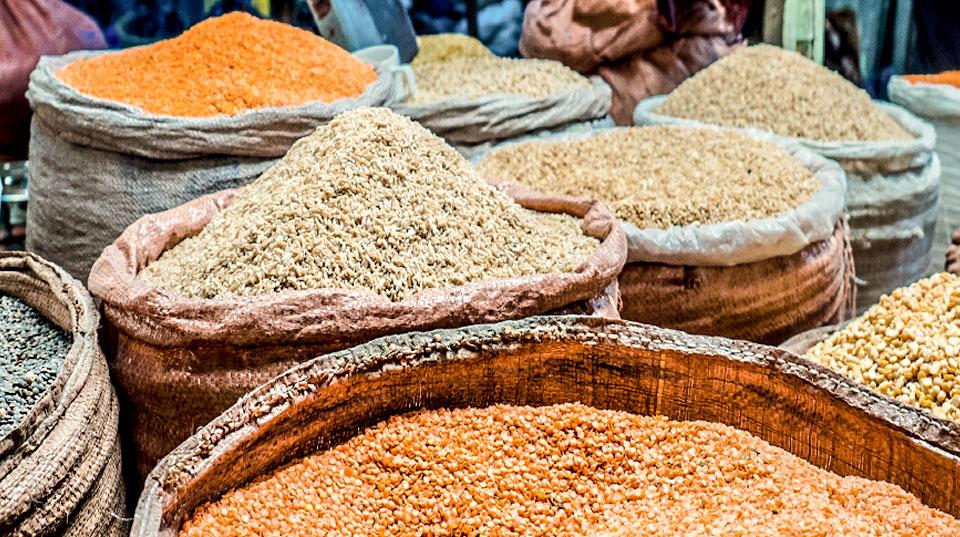Overview
Ug99 is a strain of stem rust first identified in Uganda in 1998 and confirmed in 1999. It attacks many commercial cultivars of wheat by overcoming important resistance genes, and there is evidence of its continued rapid evolution. Thus 50 million hectares - potentially 25% of the world's wheat - is at risk, with more than 90% of cultivars deemed susceptible along the predicted spore migration route.
This project involved Indian researchers and partners from the Australian Cereal Rust Control Program (ACRCP). Australia has gained from the experience in India, which is closer to the frontline of Ug99 impact based on movement of spores by wind and weather.
Major aims of the project were to:
- identify potentially new genetic diversity for adult plant stem rust resistance to be deployed against Ug99 and derivative races;
- develop and validate simple and robust molecular markers linked to genes effective against Ug99 and derivative races and assist with the implementation of markers in breeding programs to produce resistant cultivars;
- compare stem rust pathogen variability between Australian and Indian isolates and contribute to the knowledge base that could assist with pre-emptive breeding strategies;
- liaise with Cornell University Durable Rust Resistance in Wheat project (under the auspices of the Borlaug Global Rust Initiative) to build capacity for global strategies that will achieve durable resistance to rust in wheat.
Outcomes
This final report sums up a project that aims to develop more durable resistance to stem rust through the combination of diverse sources of adult plant resistance and seedling resistance genes effective against Ug99 and its derivatives.




